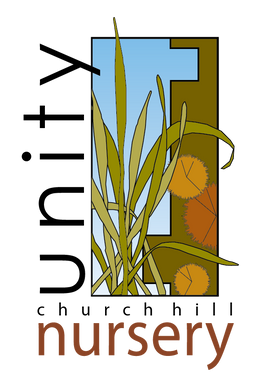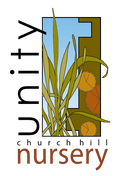Rosa carolina (Carolina Rose)
- In Stock
- Inventory on the way
Rosa carolina, commonly called Carolina rose or pasture rose, is a medium-sized woody shrub native to the eastern half of North America. Generally found in forest edges, open prairies, and in open forests, Carolina rose is known for its pretty 5-petaled pink flowers with yellow centers, as well as its extremely spiny branches and stems, which are covered in needle-like thorns. Typically wide ranging in size, Rosa carolina can be an extremely low-growing ground cover, or form large thicket-like bushes up to 5' tall and wide. Its attractive pink spring and summer flowers are highly desirable to a number of pollinators, and its small summer to fall fruits, called hips, are edible and sought after by birds and other wildlife.
Since it is native to dry upland areas but also forests and roadside ditches, Carolina rose has a lot of tolerance to different moisture levels, but seems to prefer things on the drier side when planted in part shade or a bit moister when in full sun. While Rosa carolina is tolerant of both sandy and rocky soils, it is not particularly picky about soil consistency otherwise. With a deep taproot once established, pasture rose becomes difficult to transplant once planted, but additionally becomes very resistant to drought and erosion.





